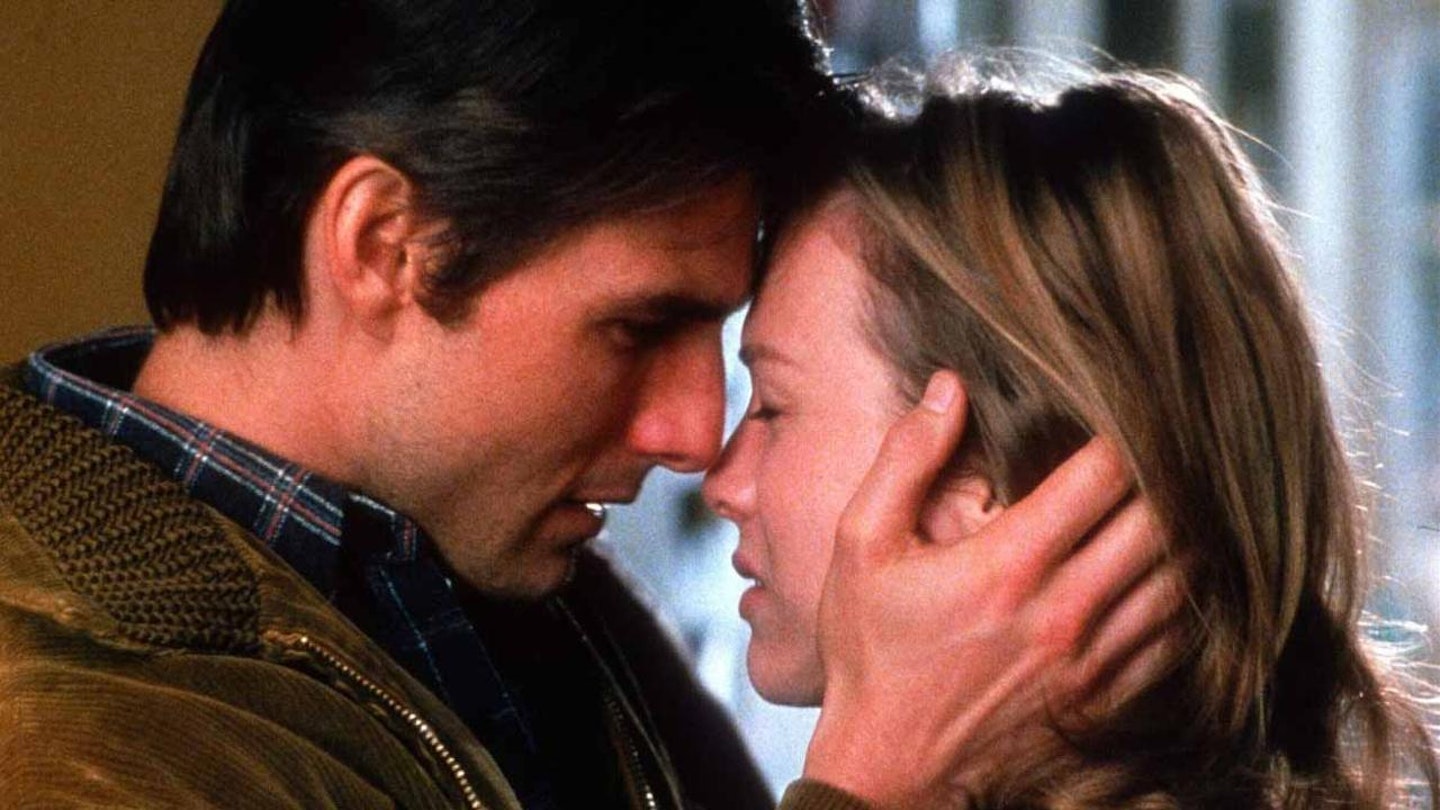This is an abridged version of an interview first published in Empire Magazine, issue #332. Read the full interview in the February 2017 issue, on sale now (buy online here{
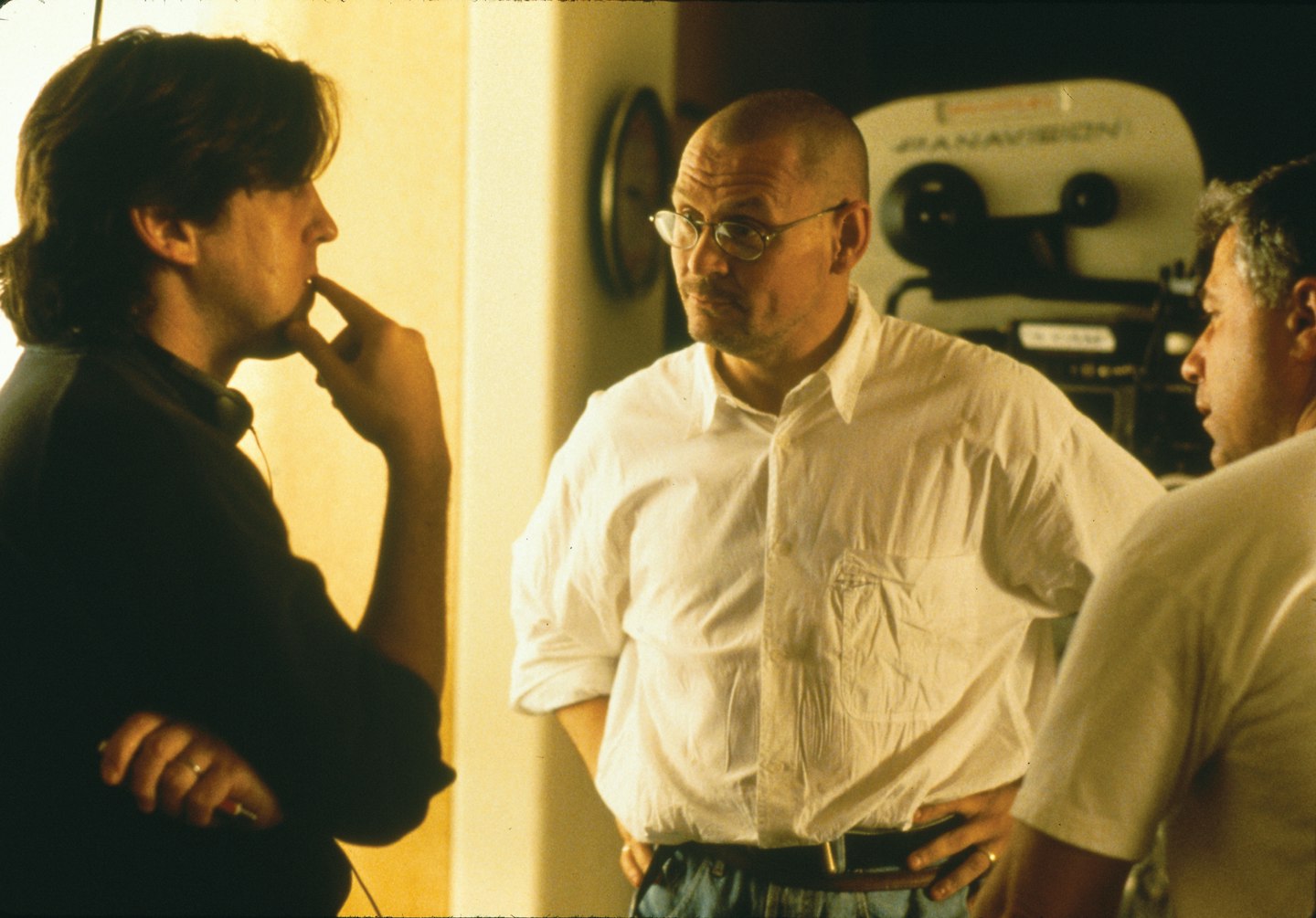
Billy Wilder got right to the heart of it. Billy Wilder got right to the heart of a lot of things, but on this day in 1995, he was getting right to the heart of Jerry Maguire. Cameron Crowe, a huge Wilder fan, had been trying to persuade the great director to cameo in his movie as Dicky Fox, a mentor to the title character, a slick sports agent who develops a conscience, only for it to derail his life. Wilder had said no, but Crowe arranged one last meeting and brought along his wildcard: his star, Tom Cruise. “We told him the story briefly,” recalls Crowe, over 20 years later. “We get to the end and he goes, ‘But why would you care about this sports agent?’” Crowe laughs at the memory of being shot down by an idol. But he was undaunted. “What I wanted was for people to care about that sports agent.”
And they did. When it finally arrived in 1996 — with a Sony Pictures suit, Jared Jussim, in the Dicky Fox role — Jerry Maguire grossed over $200 million worldwide, and was nominated for five Oscars (winning one, Best Supporting Actor, for Cuba Gooding Jr.). More than that, though, it entered the collective consciousness in a way few films have — phrases from the movie abound to this day, and over the years it’s become regarded as a classic.
It may be Crowe’s finest movie and, after supervising a new Blu-ray release, he told us
how he managed to make people care about a simple sports agent…
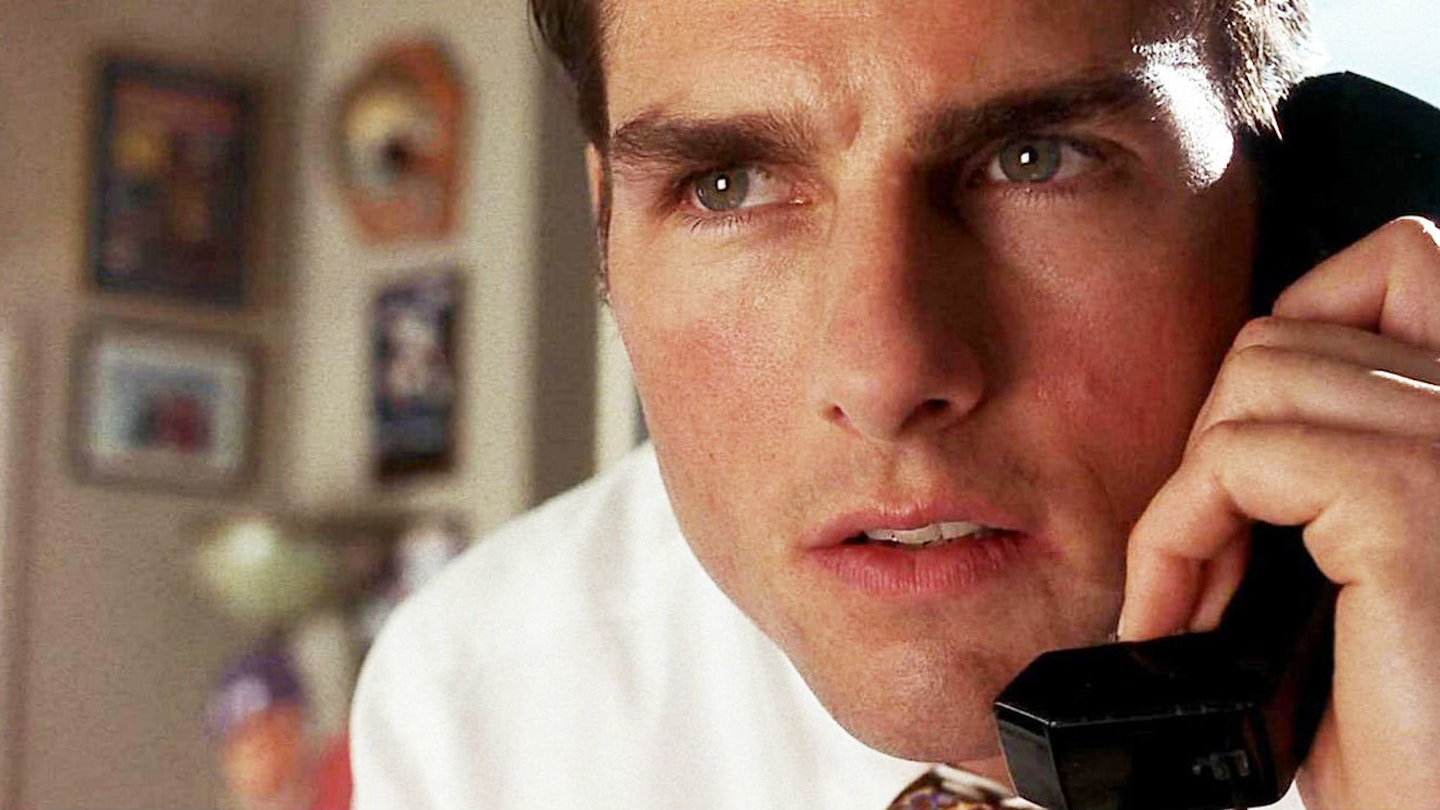
Was the film always about a sports agent?
Yes, the relationship between a sports agent and his client. I remember thinking, “What if that guy is his only client?” It was great to see the nuance a sports agent has compared to an entertainment agent. But essentially the thing that was really fascinating was, the sports agent always wanted to get in the room with the family. That was pretty unique. We detoured pretty quickly into, “What can we say with this movie that makes it of the moment?” That’s how we got into the idea of starting where some movies might have ended.
When we meet Jerry, he’s already wildly successful.
Exactly. We were talking about Wall Street and Gordon Gekko and, “Greed is good.” If, “Greed is good,” was a benchmark of the ’80s, here’s a character that comes to Jesus, realising, “Greed is good,” is not a way to live a full life, and then gets fucked over immediately.
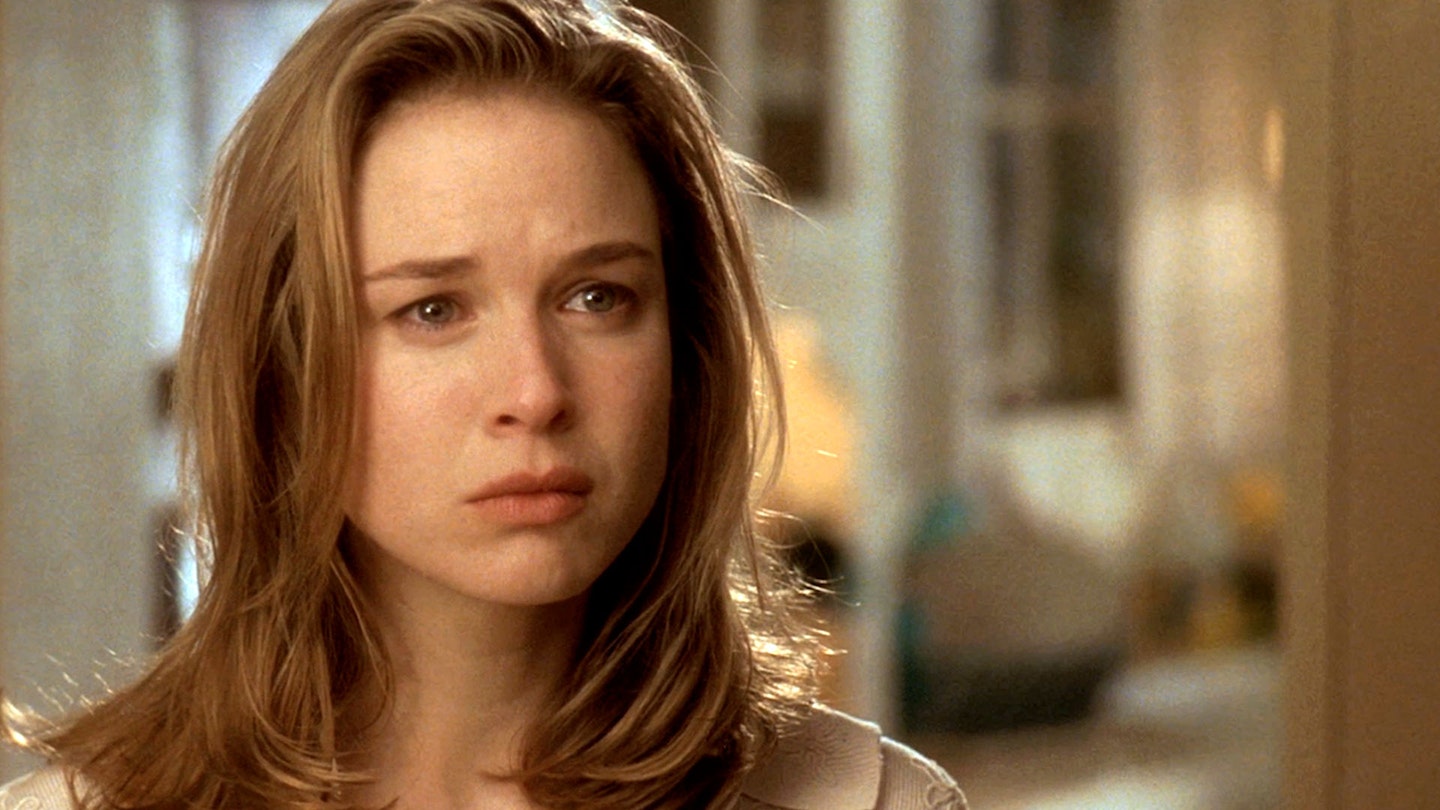
Gordon Gekko was misread by people. The same with Alec Baldwin in Glengarry Glen Ross. Did people misread Jerry Maguire? Did they see Bob Sugar and become agents as a result?
We always wanted the movie to be a fable about moral compromise.
I’ve heard that. I think it’s because an actor with charisma is such a seductive thing. In the end, you can almost forget what they’re saying and get lost in the charisma, which is somewhat Trumpian. You can be seduced by the delivery and miss what’s being delivered. We always wanted the movie to be a fable about moral compromise. Even the ending, I always felt that Jerry Maguire doesn’t get everything in the movie. He still has a conflicted feeling that he’s trying to overcome about his marriage, he’s still trying out the suit of clothes of a married man. Rod Tidwell could get crunched the next week and he’d have no clients. You kinda get lost in the victories of Jerry Maguire and sometimes don’t realise the moral compromise that happens along the way with the character.
Cruise was going to play the role, but you had written it for Tom Hanks.
Hanks was the first guy to read it and was tempted by it, but he wanted to do That Thing You Do!. His suggestion was John Travolta. But immediately, knowing how in demand Tom Hanks was, I had started thinking about Tom Cruise pretty early on. I had met him a couple of times and he had called me after Say Anything... and said, “I really love this movie and it would be fun to do something together.” That was on my mind. “Hey, remember that conversation we had?” He responded immediately when we sent it to him.
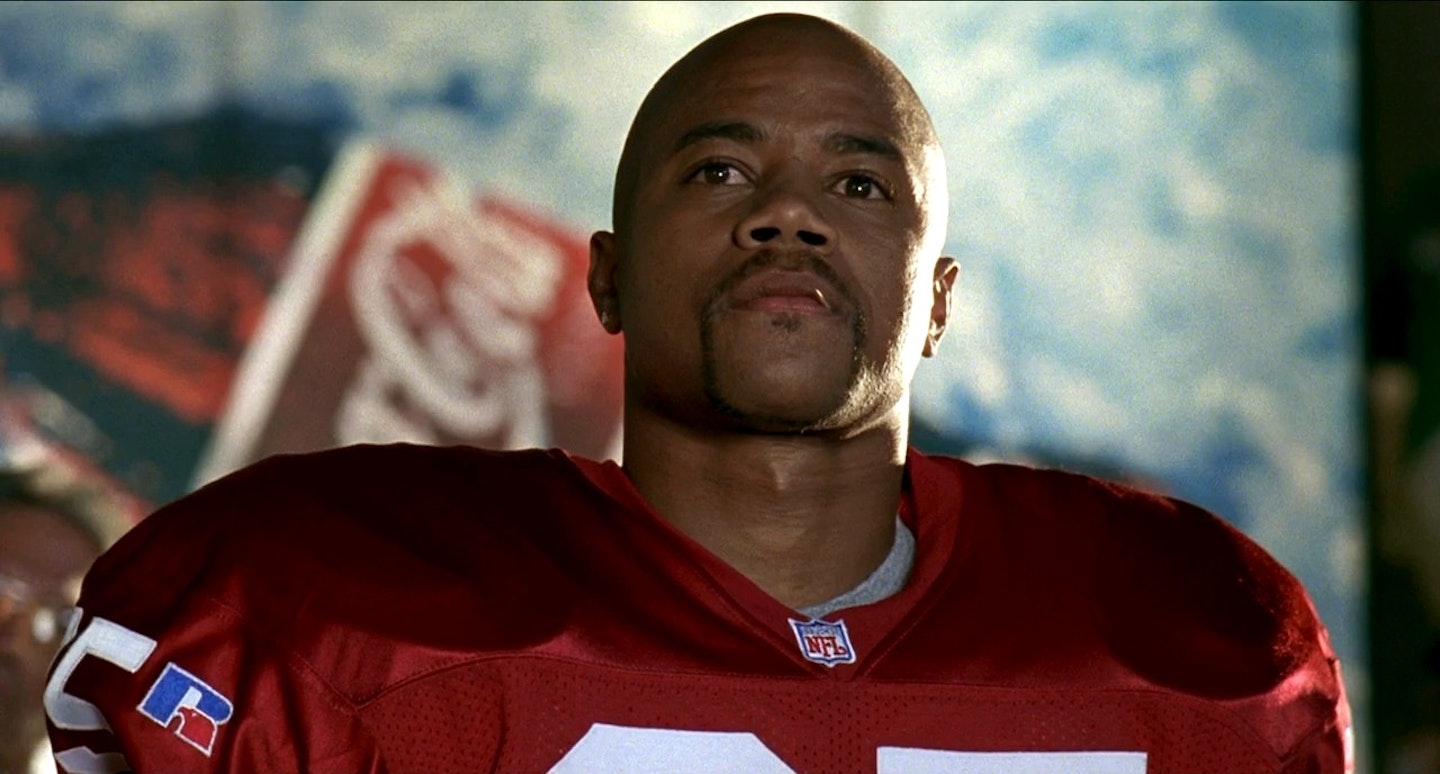
It’s been parodied and quoted a lot. Does that feel strange?
It’s fun. It’s used in the upcoming LEGO Batman movie too, I’m honoured to tell you. I’m humbled by the whole experience. You never know if something’s going to resonate or if it’s going to affect people. “You complete me” seems so simple. But I guess it was elemental in a way, particularly the way Tom did it. He feels it so much. He dares you to laugh at it. That’s why I added, “We live in a cynical world.” I anticipated there would be some people who would laugh at a guy who says that.
“You complete me” seems so simple. But it was elemental in a way.
Renée Zellweger’s Dorothy says, “You had me at hello,” literally seconds after that…
That came in the moment writing it and never left the scene. That whole scene is influenced by the last scene in The Apartment. “Shut up and deal.” That kind of line and the way it felt when you’re watching The Apartment is the way I wanted those lines to feel if we got lucky enough in Jerry Maguire. We did it so many different ways because I wasn’t sure which one would work. I think we even reshot it. I was kinda obsessive about how it would work in the right way. Renée had nailed it early on, of course. She had me at take two, I believe.
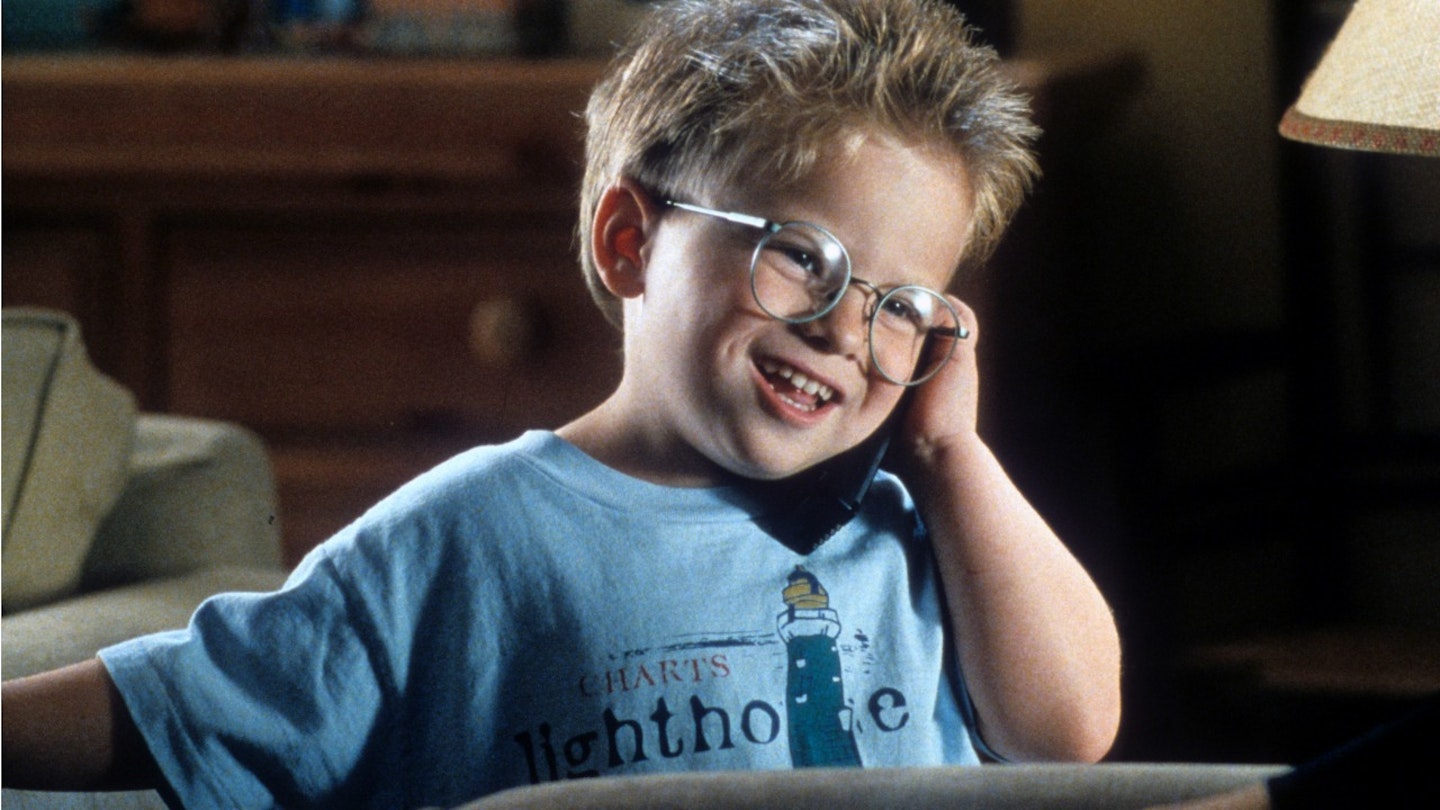
Which brings us right back to Billy Wilder. Did he ever lament passing on the role of Dicky Fox?
He did. He called me after the movie, which was a big thrill. He said, “Who was this guy who played my part?” [Laughs] What was the Billy Bob Thornton movie that came out that year?
Sling Blade.
Yes. He said, “I enjoy your picture, I enjoy your picture. But I think I enjoyed Sling Blade more.”
Jerry Maguire 20th Anniversary Edition is out on 30 January on Blu-ray. Read the full version of this interview in the current issue of Empire, on sale now{
